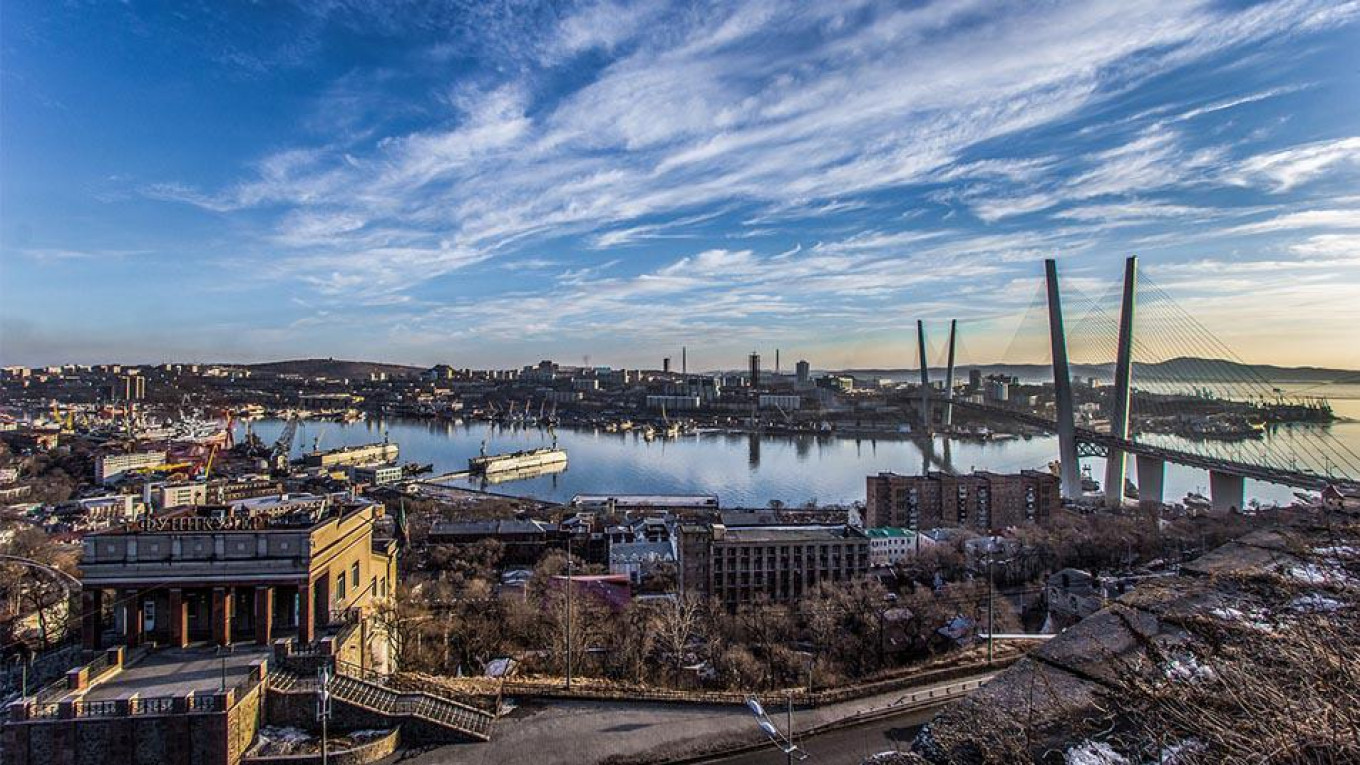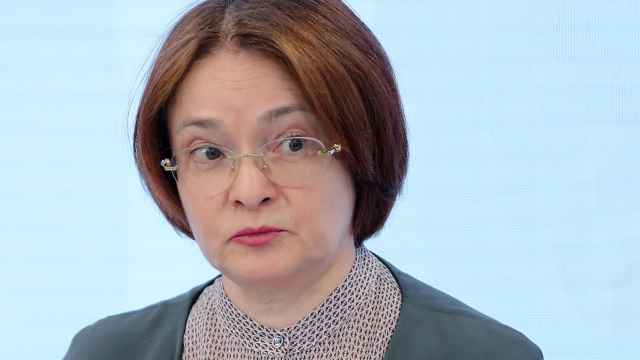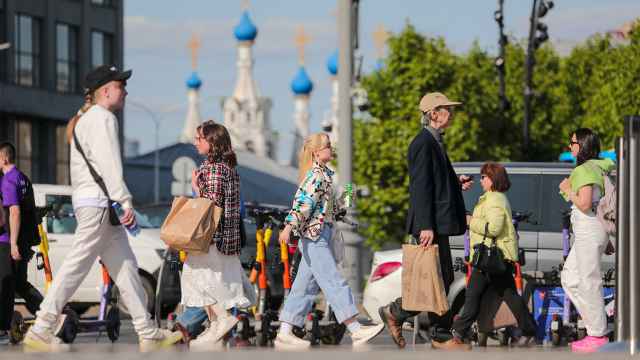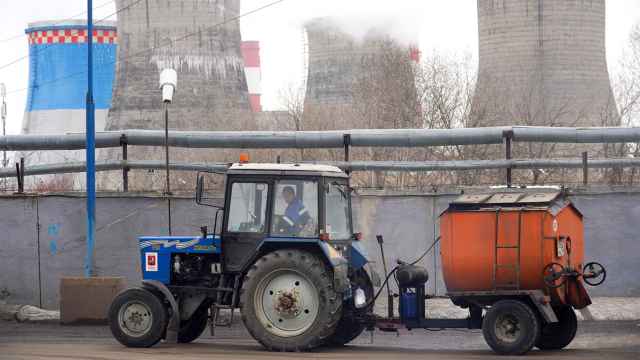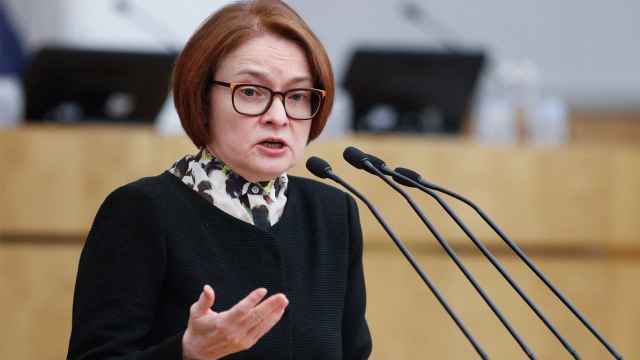Later this year Vladivostok will hold its fourth annual Eastern Economic Forum (EEF), an initiative driven by President Vladimir Putin that aims to prompt East Asian economies to invest in a range of industries across the largely neglected Russian Far East.
Yet as with previous years, the omens for the September event are not encouraging, as investment in the region continues to be hampered by problems with governance, infrastructure and demographic issues, as well as multiple international challenges.
Russia’s Far East, home to just 4 percent of the Russian population, extends from the North Korean border to the Arctic Circle and the Kamchatka Peninsula, includes the Kuril and Sakhalin islands, and constitutes one third of Russia’s landmass.
The region is commodity-rich, including untapped oil and gas reserves, abundant timber supplies, proven precious metal deposits and renewable energy potential. It should in theory be attractive to East Asian investors thanks to their proximity and hunger for natural resources.
Kremlin initiatives have aimed to draw foreign investors and Russian nationals to the region.
These have included offers of free land to Russians willing to live in the region; multiple special economic zones; a free port at Vladivostok; expeditious administrative procedures; tax exemptions; a liberalized regional visa regime; and a source of financial support – the Far East Development Fund (FEDF), led by Alexey Chekunkov.
In the past the EEF has reportedly attracted 500 investment projects worth an estimated $55 billion, and boasted several notable attendees, such as Japanese and South Korean heads of government.
Yet for all the memoranda of understanding and goodwill speeches by Russia and its neighbors, the forum has thus far fallen short in the delivery of benefits that had been expected to flow from greater regional economic engagement. The reasons for this are many, with often-strained bilateral relations one of the main obstacles.
Russo-Japanese ties have been hampered by the longstanding disputed status of the Kuril Islands. Both sides have adopted conciliatory approaches to the matter, but efforts to build trust will not have been helped by Russia’s recent moves to militarize the archipelago and reclassify it as a special economic zone.
These developments will likely cool Japanese interest in the region, which has been largely symbolic and security-focused. Recent commercial ties have been limited primarily to a flurry of economic memoranda and a bilateral funding vehicle, the Russia-Japan Investment Fund.
Conversely, Russia’s economic and diplomatic ties with China have warmed in recent year; however progress on several high-profile energy infrastructure agreements have, to date, been slow and taken place outside the EEF framework.
Moscow’s overtures towards Beijing have for the most part been driven by Ukraine-related tensions with the European Union, overwhelmingly Russia’s largest trading partner.
Local unease
China, for its part, has shown significant interest in establishing ties with Russian administrative zones along its border. But local Russian communities’ unease over the growing presence of Chinese workers continues to cool investment enthusiasm.
While some energy deals have been struck between Russia and China, the Kremlin, too, is careful to ensure that the resource-rich and sparsely populated Far East does not become too reliant on investment from its increasingly economically dynamic neighbor.
Consequently, funding bodies like the FEDF tend to seek private investment opportunities wherever possible.
As well as geopolitical tensions, the fall in global commodity prices has limited the effectiveness of the EFF. From a high of $53.4 billion on the eve of the oil price collapse in 2014, FDI in Russia dropped to a mere $6.8 billion the following year.
A recovery in 2016, with overseas investments rising to $37.7 billion, was in part due to European countries, despite western sanctions and tensions on the Korean Peninsula creating a less than favorable investment climate.
Notably, none of the East Asian economies are among the top ten FDI contributors to Russia. This reflects a longstanding absence of Moscow-led economic engagement with its eastern neighbors.
The oversight has recently been partially addressed with Russia’s own ‘Asian pivot’; however the move is largely due to the Kremlin’s concerns over deteriorating relations with the West, rather than a well thought out and evenly executed engagement strategy.
While these debilitating external factors loom large, the biggest obstacles to foreign investment in the region remain internal ones, in particular corruption and an underdeveloped infrastructure network. Though the scourge of corruption does not trouble the region any more than other parts of the country, perception matters.
Last year, in a high-profile scandal, the president of Vladivostok’s largest education institute and EEF partner, the Far Eastern Federal University, was charged with abuse of authority in a case linked with allegations of financial fraud. It severely undermined the reputation of the region’s most esteemed institute, which will be hosting the EEF.
Speaking at a conference in London in July 2016, FEDF CEO, Chekunkov, emphasized that, in addition to Moscow-led initiatives, the cultivation of Vladivostok and the wider region as an entrepreneurial hub was vital to attract the necessary talent and investment.
A corruption scandal involving a key EEF partner and host, all within a year of the EEF’s launch, does little to advance Chekunkov’s goal.
Additionally, investors must contend with bureaucratic restrictions that also hamper business elsewhere in Russia, including inconsistent laws and their uneven application; a lack of regulatory transparency; limits on foreign ownership of companies in key industries; and a requirement that overseas investors eschew international investment arbitration bodies in favor of Russian ones.
Compounding these problems are the significant costs attached to operating in such an inhospitable region. The region possesses inadequate or non-existent infrastructure, with few rail connections and poor quality roads, which are often impassable in the winter months, when temperatures drop to as low as -70 degrees celsius.
Moreover, a small population concentrated in administrative zones on the Chinese border means investors are faced with shortages of labor, in particular skilled workers. The region finds it hard to attract Russians with the requisite professional background.
To be sure, Moscow’s aim of developing its eastern territories by strengthening economic ties with East Asia is in Russia’s national interests. And notwithstanding the troubled geopolitical and economic climate, the EEF has had a measure of success.
But the governance issues that plague so much of the country and the region’s demographic and infrastructure limitations mean the forum will likely continue to struggle to achieve its ambitious goals.
Richard Corneilus is an analyst at Alaco Dispatches, a business intelligence consultancy. A version of this article was first published at bne IntelliNews. The views and opinions expressed in opinion pieces do not necessarily reflect the position of The Moscow Times.
A Message from The Moscow Times:
Dear readers,
We are facing unprecedented challenges. Russia's Prosecutor General's Office has designated The Moscow Times as an "undesirable" organization, criminalizing our work and putting our staff at risk of prosecution. This follows our earlier unjust labeling as a "foreign agent."
These actions are direct attempts to silence independent journalism in Russia. The authorities claim our work "discredits the decisions of the Russian leadership." We see things differently: we strive to provide accurate, unbiased reporting on Russia.
We, the journalists of The Moscow Times, refuse to be silenced. But to continue our work, we need your help.
Your support, no matter how small, makes a world of difference. If you can, please support us monthly starting from just $2. It's quick to set up, and every contribution makes a significant impact.
By supporting The Moscow Times, you're defending open, independent journalism in the face of repression. Thank you for standing with us.
Remind me later.


